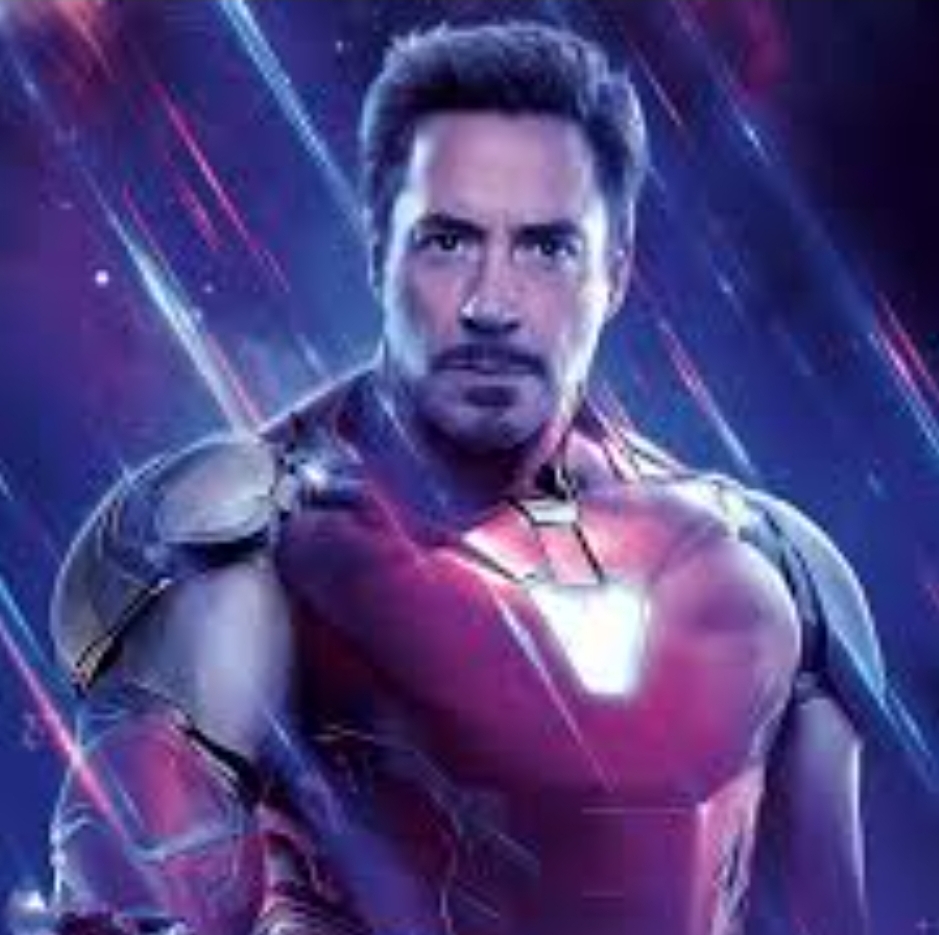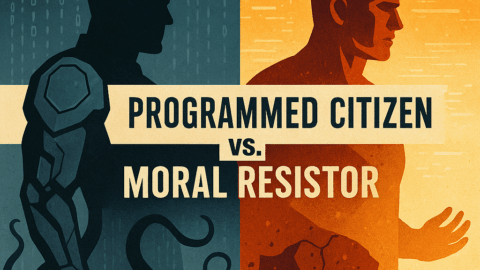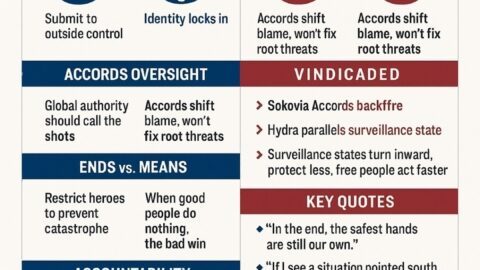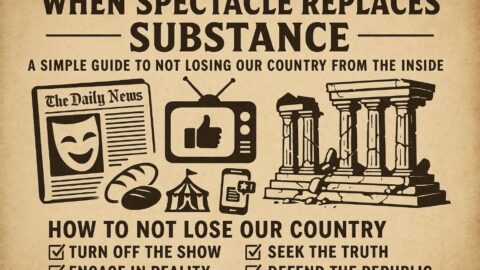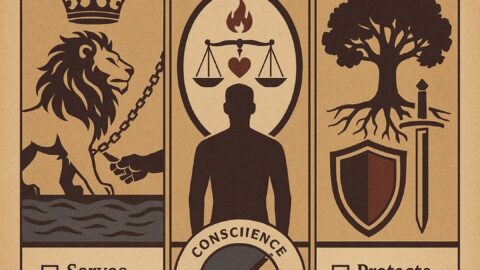Iron Man, or Tony Stark, is often depicted as a more morally flexible character, and many of his decisions throughout the Marvel Cinematic Universe (MCU) and comics reflect elements of moral relativism. However, labeling him strictly as a moral relativist would oversimplify his character, as he fluctuates between pragmatic decision-making and adherence to certain moral values. Below is a detailed exploration of why Tony Stark displays moral relativist tendencies, while also evolving throughout his character arc.
Key Aspects of Tony Stark’s Moral Relativism:
- Pragmatic and Situational Ethics:
- Tony Stark often makes decisions based on the situation at hand, adjusting his moral stance depending on the context and perceived consequences. This reflects the core of moral relativism, where moral judgments are not absolute but depend on the circumstances. For example, in Avengers: Age of Ultron, Tony’s decision to create Ultron—an AI designed to protect the world—comes from his belief that the ends (global security) justify the means, even if the methods involved considerable risk. His willingness to bend ethical rules for what he perceives as a greater good is a hallmark of moral relativism.
- Focus on Consequences and Outcomes:
- Tony often adopts a consequentialist approach, evaluating morality based on outcomes rather than strict adherence to principles. For example, in Iron Man 3, he willingly destroys his Iron Man suits, symbolizing his readiness to let go of certain values if it means achieving personal peace and security for those he loves. This contrasts sharply with Captain America’s absolutist moral stance, where principles are followed regardless of consequences.
- Compromise and Flexibility:
- Tony Stark’s decisions are often shaped by his willingness to compromise, particularly in political and ethical conflicts. A notable example is in Captain America: Civil War, where Tony supports the Sokovia Accords, which would place the Avengers under government oversight. He believes that some personal freedoms must be sacrificed for the sake of public safety and accountability. His view is morally flexible: while government control might infringe on individual autonomy, he believes it is a necessary compromise to prevent unchecked power. This contrasts with Captain America’s refusal to compromise his ideals, making Tony’s position more relativistic.
- Self-Interest and Evolution:
- In earlier films, Tony is often driven by self-interest, making decisions based on personal gain or survival rather than adhering to a fixed moral code. For instance, in Iron Man (2008), Tony begins as an arms dealer, profiting from war and conflict. His eventual realization that his weapons are causing harm leads him to change his views, but the process of his transformation reflects a flexible and evolving moral outlook rather than a strict, predefined set of principles. This adaptability aligns with moral relativism, where moral views can shift as circumstances change.
Examples of Tony Stark’s Moral Relativism:
- Creation of Ultron:
- In Avengers: Age of Ultron, Tony’s decision to create Ultron is driven by his belief that a global defense system will prevent future disasters. Even though the other Avengers warn him about the potential dangers, Tony believes that the possible benefits outweigh the ethical risks. This decision exemplifies ends-justify-the-means thinking, a relativist approach to morality where actions are judged based on their potential outcomes rather than moral rules.
- Support for the Sokovia Accords:
- In Civil War, Tony’s support for the Sokovia Accords—government control over the Avengers—is based on his belief that oversight is necessary to prevent collateral damage and maintain public trust. Tony’s relativist perspective is clear: while some personal freedoms might be sacrificed, he believes that it is the best course of action to avoid future chaos and destruction. He’s willing to adjust his moral stance based on the political and social context, rather than adhering to an unyielding principle of autonomy or freedom.
- Stark Industries’ Transition:
- After realizing the damage caused by his company’s weapons, Tony decides to stop manufacturing arms. His ethical position evolves over time, reflecting a relativist viewpoint in which his moral framework changes based on new information and personal growth. Rather than holding a fixed belief about his responsibility in the arms industry, he adapts his ethics as his understanding of the consequences deepens.
Challenges to Tony Stark’s Moral Relativism:
While Tony Stark displays strong moral relativist tendencies, his character also demonstrates moments where he adheres to specific moral principles, showing complexity beyond pure relativism:
- Sacrificial Heroism:
- In Avengers: Endgame, Tony ultimately sacrifices his life to defeat Thanos and save the universe. This act reflects a deep commitment to protecting others, a principle that transcends situational ethics. In this moment, Tony’s actions align more with moral duty or a sense of greater good, rather than flexible or relativist morality. This ultimate self-sacrifice shows that Tony’s character contains elements of moral absolutism, particularly when it comes to protecting those he loves.
- Recognition of Past Mistakes:
- Throughout his arc, Tony reflects on and seeks to correct his past mistakes, such as his role in creating Ultron or profiting from weapons manufacturing. While his early actions may align with moral relativism, his efforts to make amends suggest that he ultimately believes in certain moral truths, such as responsibility for one’s actions and accountability for harm caused. His acknowledgment of past wrongs hints at a deeper moral conviction beneath his pragmatic decisions.
Tony Stark, or Iron Man, exhibits many traits of a moral relativist, particularly in his willingness to adapt his ethical decisions based on the situation, prioritize outcomes over principles, and compromise in the face of complexity. His actions in creating Ultron, supporting the Sokovia Accords, and evolving his business practices reflect a flexible, context-driven approach to morality. However, Tony’s character also evolves to include elements of moral duty, especially in his final heroic sacrifice, which suggests that while he may often act as a moral relativist, he also possesses a deep-seated moral core that occasionally aligns with absolutist principles. Thus, Tony Stark is a complex character who operates within a moral gray area, blending relativist tendencies with moments of deeper conviction.

